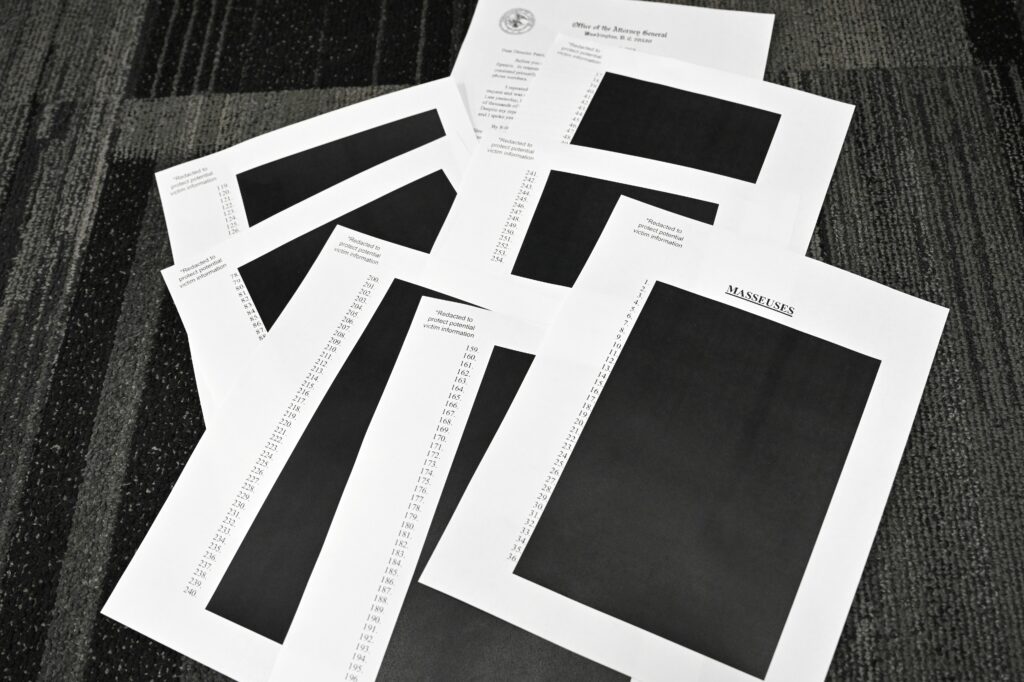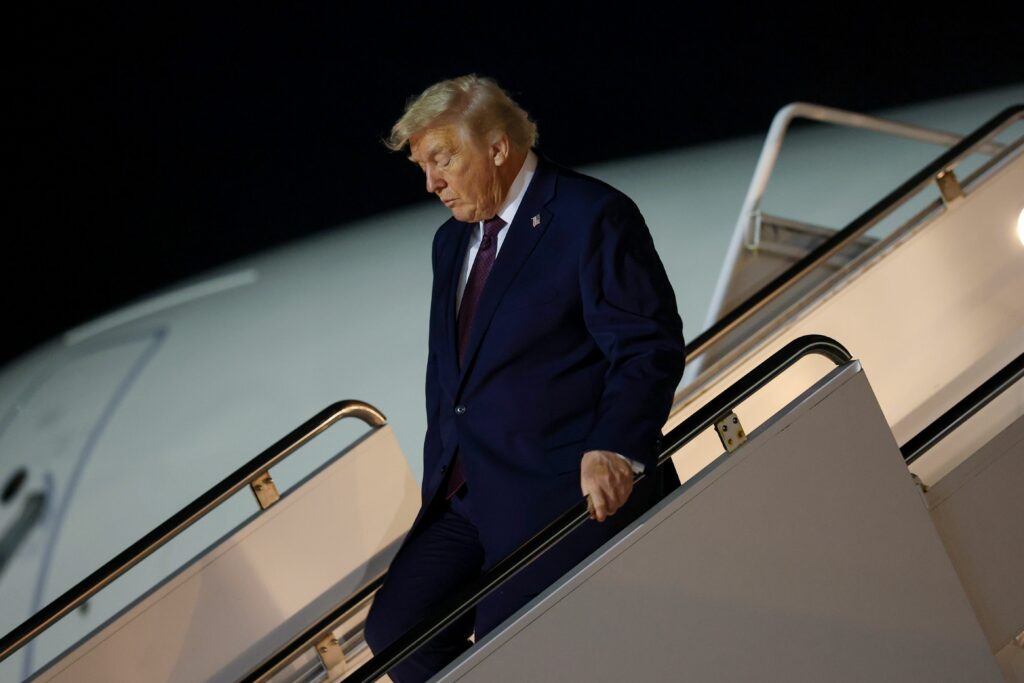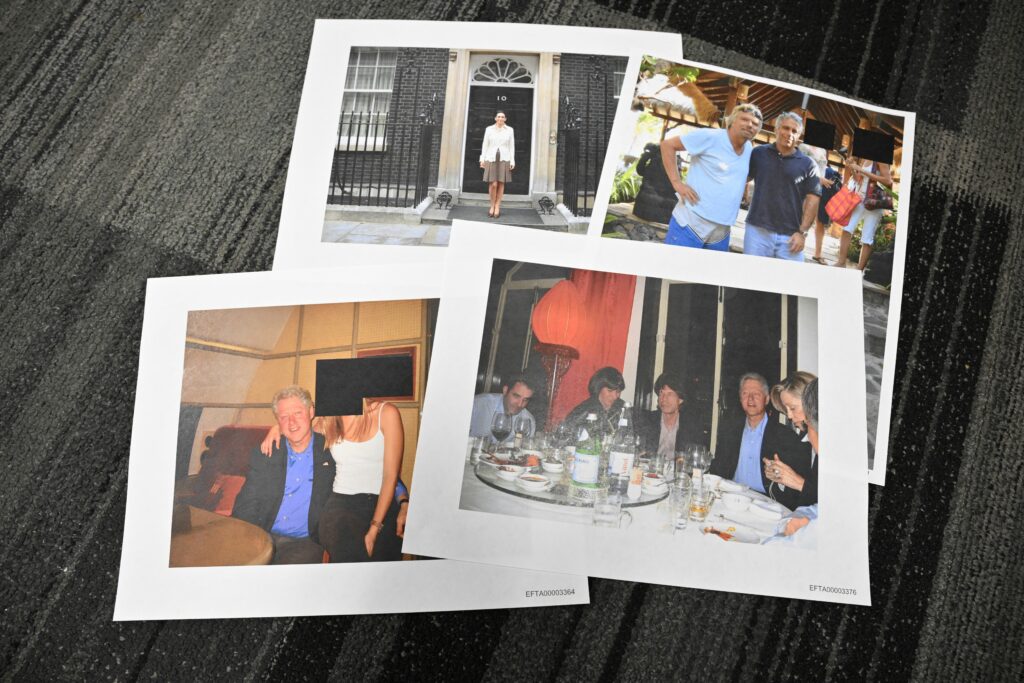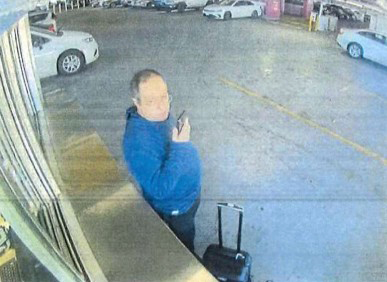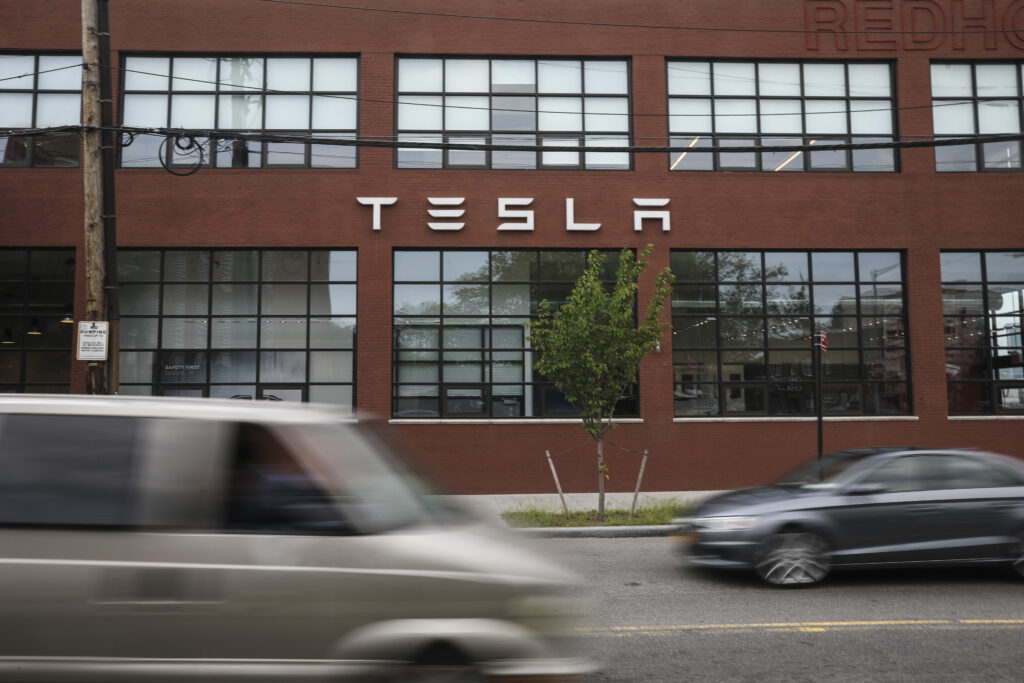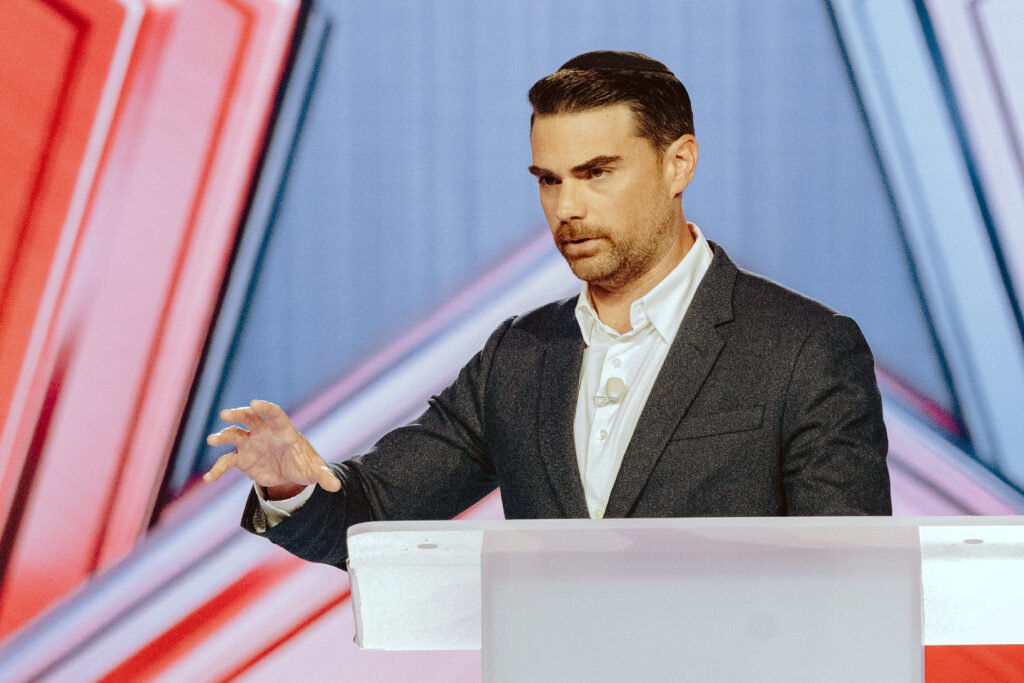US intercepts oil tanker off coast of Venezuela
The United States “apprehended” an oil tanker off Venezuela on Saturday, the latest salvo in a pressure campaign against Caracas, the US government said Saturday.It was the second time in two weeks that US forces have interdicted a tanker in the region, and comes days after President Donald Trump announced a blockade of “sanctioned oil vessels” heading to and leaving Venezuela.”In a pre-dawn action early this morning on Dec. 20, the US Coast Guard with the support of the Department of War apprehended an oil tanker that was last docked in Venezuela,” US Homeland Security chief Kristi Noem said in a post on X.The post was accompanied by a nearly eight-minute video of aerial footage that showed a helicopter hovering just above the deck of a large tanker at sea. “The United States will continue to pursue the illicit movement of sanctioned oil that is used to fund narco terrorism in the region. We will find you, and we will stop you,” Noem added.The New York Times, citing an unnamed US official and two people inside Venezuela’s oil industry, reported that the vessel was a Panamanian-flagged tanker carrying Venezuelan oil that had recently left Venezuela and was in Caribbean waters.Noem did not share any identifying information of the tanker, and it was not immediately clear if the interdicted vessel was under US sanctions.The Pentagon referred questions to the White House, which did not immediately respond to an AFP request for comment Saturday.- ‘Waging a battle against lies’ -On December 10, US forces seized a large oil tanker off the coast of Venezuela, which the attorney general said was involved in carrying sanctioned oil from Venezuela to Iran.The United States has for months been building a major military deployment in the Caribbean with the stated goal of combatting Latin American drug trafficking, but taking particular aim at Venezuela.Venezuelan Defense Minister Vladimir Padrino Lopez voiced defiance in comments at a public event in Caracas broadcast Saturday on state TV — although he made no mention of the interdicted ship.”We are waging a battle against lies, manipulation, interference, military threats, and psychological warfare,” the defense minister said, adding “that will not intimidate us.”There are currently 11 US warships in the Caribbean: the world’s largest aircraft carrier, an amphibious assault ship, two amphibious transport dock ships, two cruisers and five destroyers.There are US Coast Guard vessels deployed in the region as well, but the service declined to provide figures on those assets “for operational security reasons.”Caracas views the operation as a campaign to push out leftist strongman Nicolas Maduro — whom Washington and many nations view as an illegitimate president — and to “steal” Venezuelan oil.The US military has also conducted a series of air strikes on alleged drug trafficking boats in the Caribbean Sea and eastern Pacific Ocean since September. Critics have questioned the legality of the attacks, which have killed more than 100 people.

